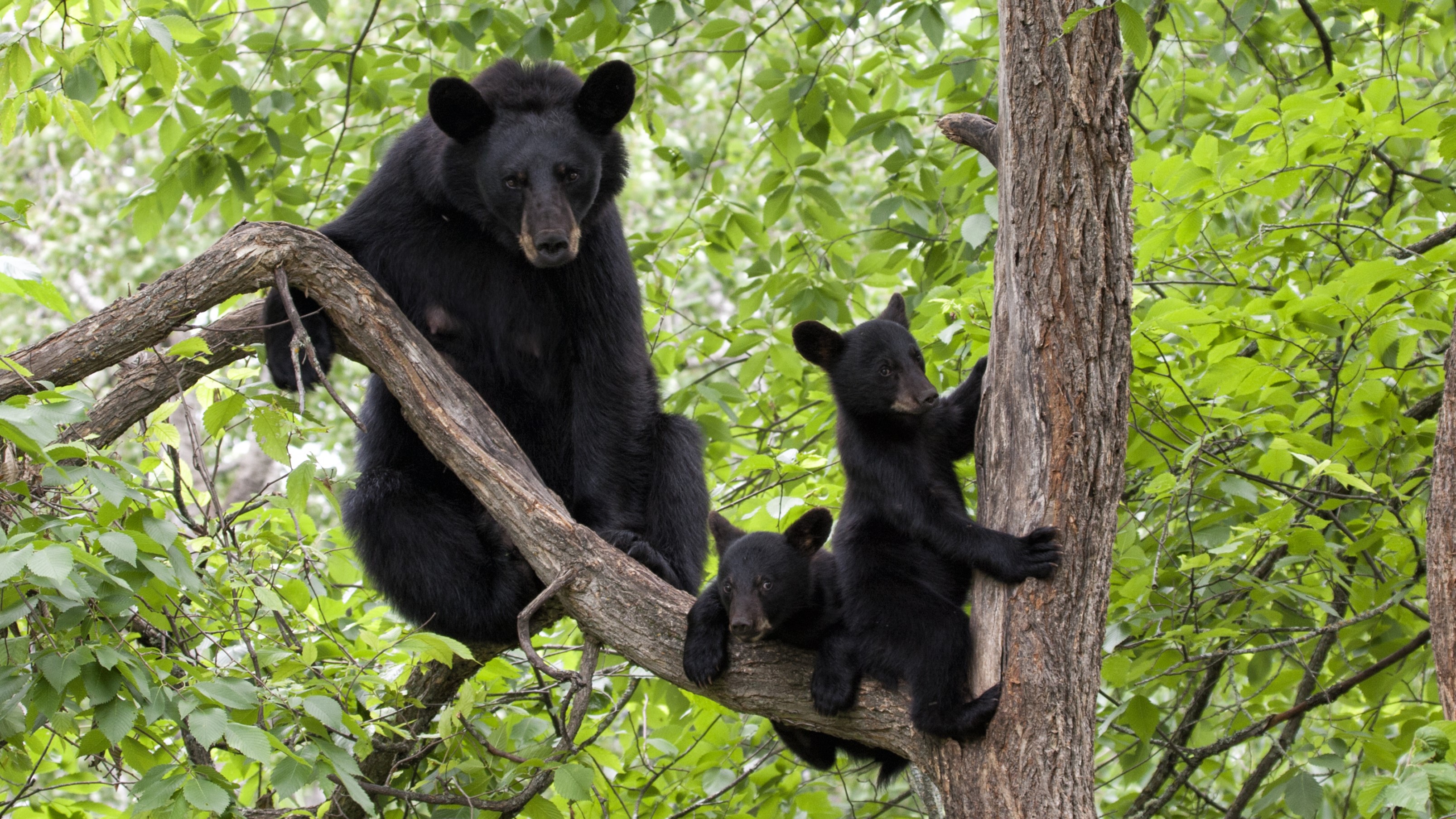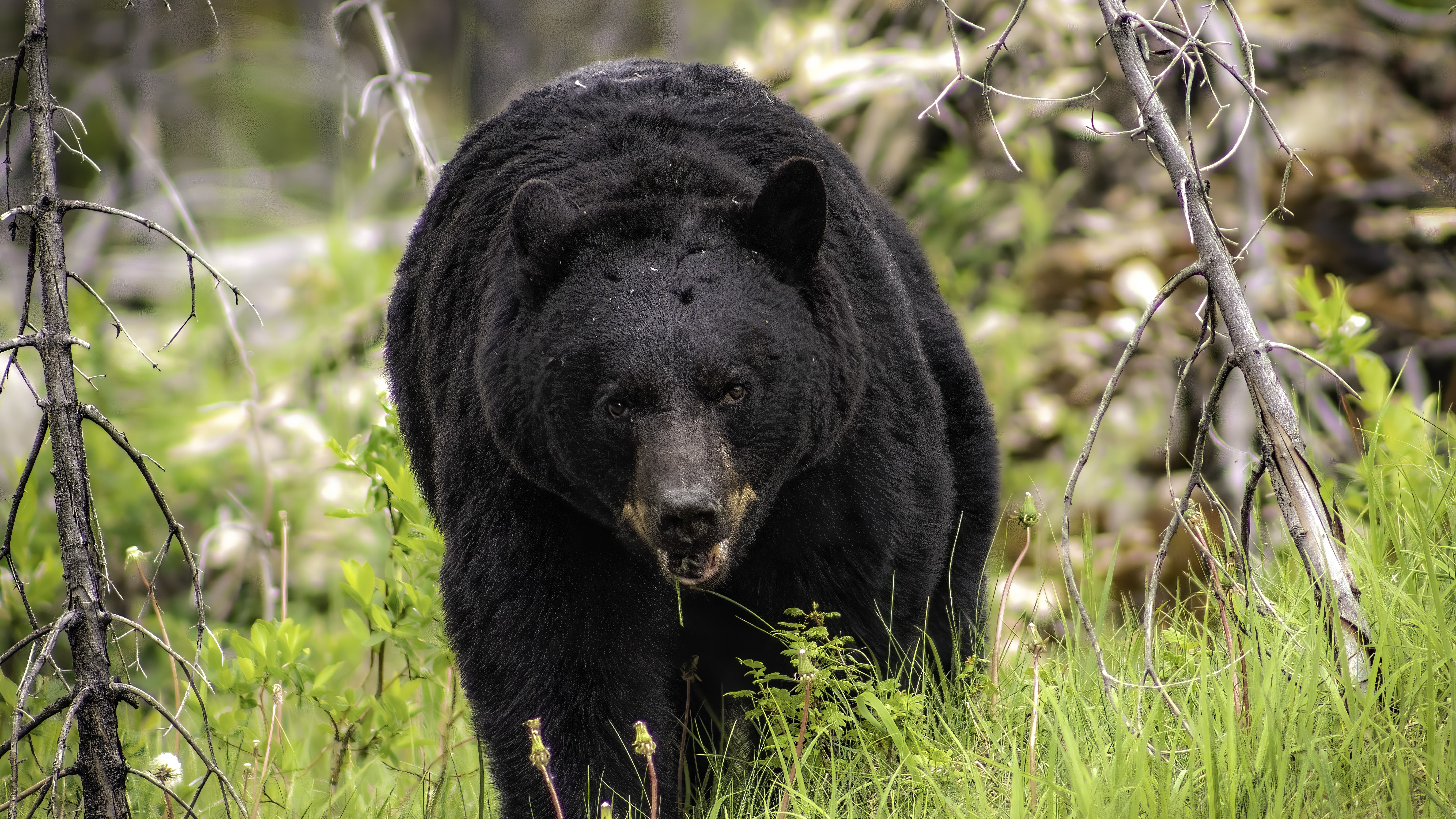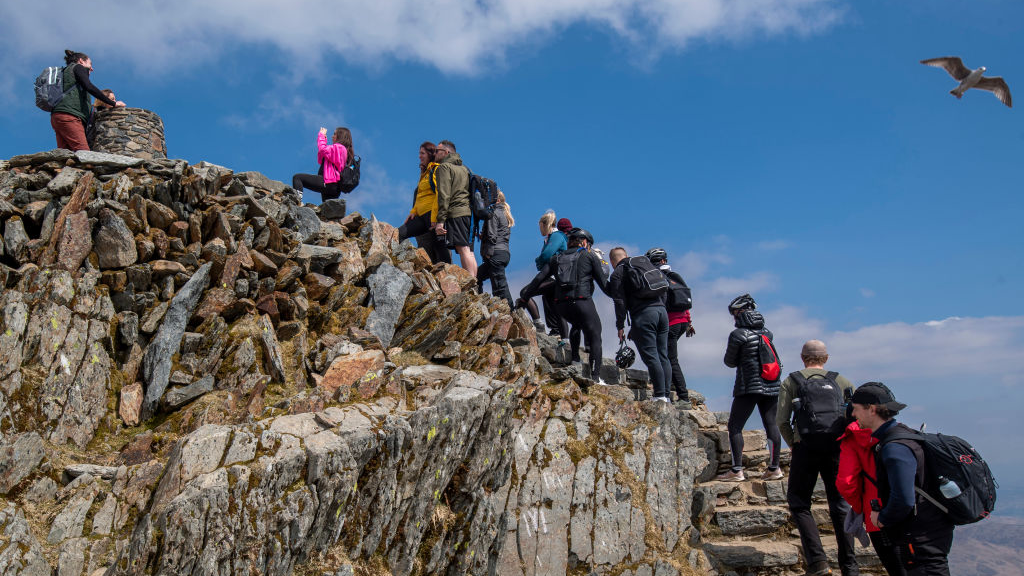Campers warned after human-bear conflicts come in "hot and heavy," signalling worrying trend
Wildlife officers aren't able to explain why they're having to set so many more bear traps as compared to last year

Wildlife officers in southern Colorado have issued a public warning after seeing a "worriesome" increase in human-bear conflicts this summer. Earlier this year, we reported that 2023 had brought a significant drop in human-bear conflicts in the state.
According to a press release issued by Colorado Parks and Wildlife, significantly more bear traps have already been set this summer compared to last year, and they're not sure of the season for the uptick.
“It’s weird because things are green, we’ve had decent moisture and natural food is available, so it’s hard to explain why we are having so many issues,” says CPW Area Wildlife Manager Adrian Archuleta of Durango.
“It’s been hot and heavy here for the last two or three weeks, and it’s not showing signs of slowing down."
Though it's normal for bear activity to increase ahead of hyperphagia, when bears fatten up before going into winter torpor, that doesn't typically occur until late summer early fall.

The news release explains that one reason for the increase might be down to more bears living in "marginal habitats" closer to human habitation. Regardless of the cause, however, CPW has a clear message for everyone in southern Colorado: remove attractants from your home and keep a clean camp.
“Incidents start with a bear getting into one cooler at a campground, and then a few weeks later, we have a bear getting into a tent or leaning on hard-sided campers,” says Archuleta, who added that at-home attractants like pet food, unsecured trash, uncleaned BBQ grills and hummingbird feeders also present an issue.
Advnture Newsletter
All the latest inspiration, tips and guides to help you plan your next Advnture!
“The incidents people think are small – like that cooler or pet food – lead to behavior that presents a danger to human health and safety.”
“As this year is proving, just because you haven’t seen a bear in several years, doesn’t mean that one won’t show up this week and take advantage of a human food source. Make those food sources unavailable and a bear will move on," says Kevin Bryan, District Wildlife Manager in Cedaredge.
Staying safe while camping in bear country
The best way to deal with bear encounters is to avoid them in the first place. If you are camping in bear country, the CPW has the following advice:
- Do not keep food in your vehicle; roll up windows and lock the doors of your vehicles.
- If no bear lockers are available when car-camping, secure all food and coolers in the trunk of a locked vehicle.
- Keep a clean camp, whether you’re in a campground or in the backcountry.
- When camping in the backcountry, hang food 100 feet or more from the campsite in a bear bag; don’t bring any food into your tent.
- Set up your camping stove and camp kitchen well away from your tent and prepare all food at a distance; wash dishes thoroughly.
Learn more in our article on camping in bear country.
Julia Clarke is a staff writer for Advnture.com and the author of the book Restorative Yoga for Beginners. She loves to explore mountains on foot, bike, skis and belay and then recover on the the yoga mat. Julia graduated with a degree in journalism in 2004 and spent eight years working as a radio presenter in Kansas City, Vermont, Boston and New York City before discovering the joys of the Rocky Mountains. She then detoured west to Colorado and enjoyed 11 years teaching yoga in Vail before returning to her hometown of Glasgow, Scotland in 2020 to focus on family and writing.

